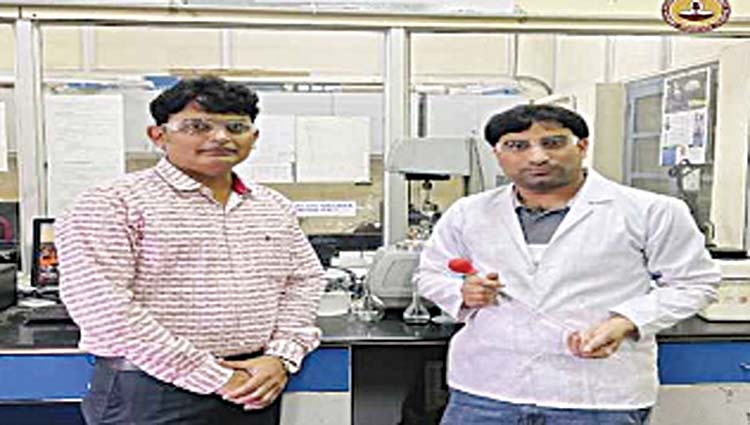Chennai, Apr 29 (Agency) The Indian Institute of Technology Madras (IIT Madras) researchers have identified Indian Ocean and Bay of Bengal as potential storage sinks for storing large amounts of Carbon dioxide (CO2) that acts acting like a storage reservoir for greenhouse gas which will help to decarbonize industrial clusters. Called ‘CO2 sequestration,’ this process envisages the ocean acting like a storage reservoir for greenhouse gas which will help to decarbonize industrial clusters. The researchers found that CO2 can be stored permanently in the ocean in the form of solid hydrate beyond 500 m of sea depth through the liquid CO2, thereby can be helpful to make our industrial clusters carbon neutral.
The key findings of this research is that it can help devise large-scale CO2 storage and utilize the fullest potential of oceans to decarbonize the world without harming marine ecology. This research can also help India achieve its National decarbonisation and climate change goals, a release from IIT-Madras said here on Monday. The stored carbon dioxide can create an eco-friendly ice-like substance called ‘Gas Hydrates’, one cubic meter ofwhich could sequester approximately 150-170 cubic meters of CO2 under oceanic conditions beyond 500 meters. Thus, gas hydrates-based storage has huge potential to decarbonize India’s industrial clusters. This research will pave pathways to develop large-scale sequestration in subsea sediments that help the scientific community to fulfill India’s net-zero targets. The research was led by Prof. Jitendra Sangwai, Department of Chemical Engineering, IIT-Madras and Mr. Yogendra Kumar Mishra, Research Scholar (Prime Ministers Research Fellow), IIT Madras. The findings were published in several research papers in reputed peer-reviewed journals, it said.

